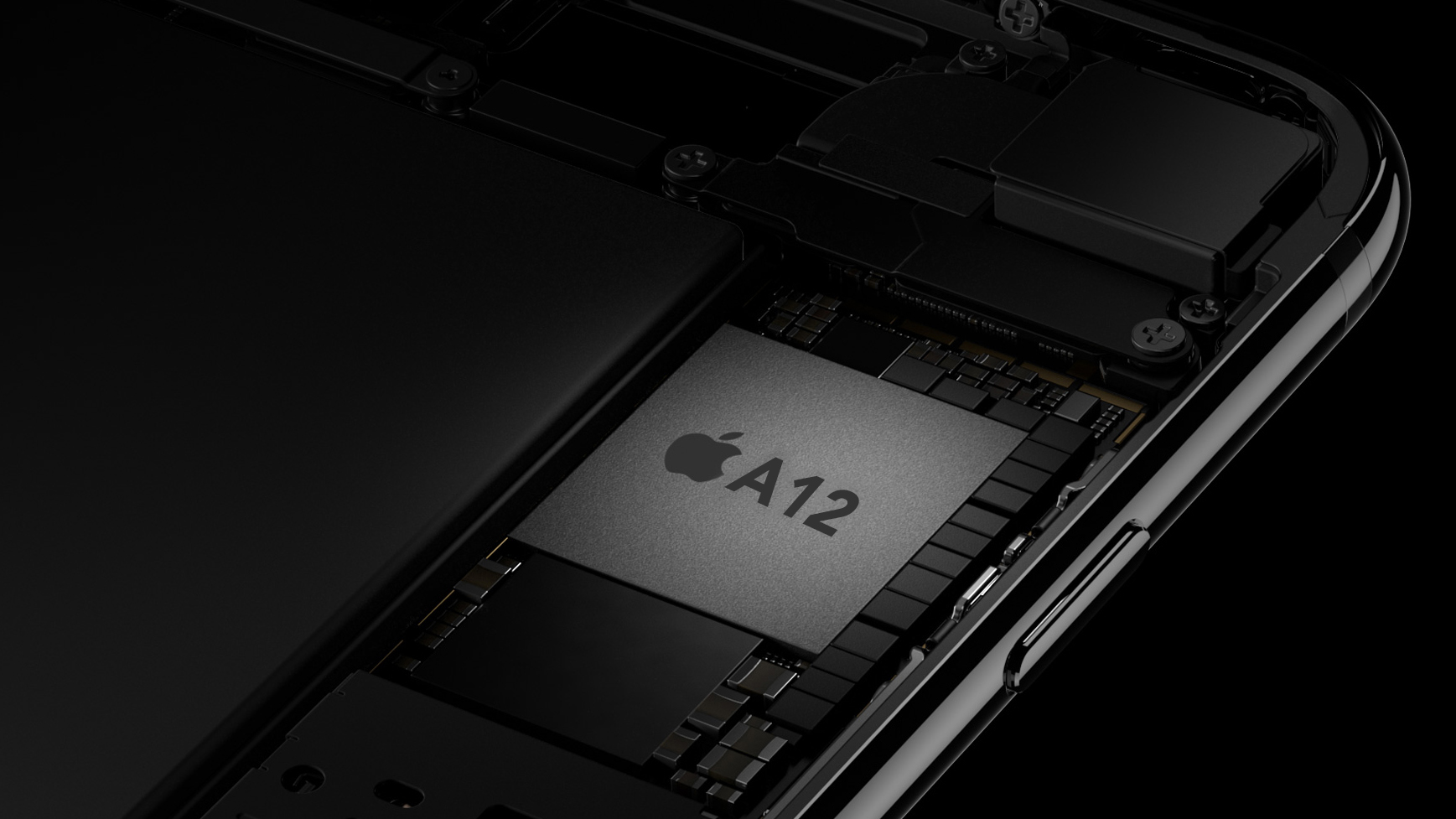New iPhone 2018's A12 chip reportedly smaller, faster and in-production
Ready for the new iPhone with a 7nm chip?

Apple's A12 chip, expected to be at the heart of the new iPhone XI and iPhone 9 for 2018, is now in mass production, according to a new report today.
The A12 chipset is said to be faster, yet smaller than previous generation chips, with a 7-nanometer design from Taiwanese supplier TSMC, reports Bloomberg.
Its the smaller package that will allow this chip to be more energy efficient versus the 10nm A11 Bionic chip found in the current iPhone X, iPhone 8 and iPhone 8 Plus.
We saw a similar jump in speed and efficiency when moving from phones with 12nm to 10nm chips a little over a year ago.
The Samsung Galaxy S8 and S8 Plus were the first to 10nm, and, that said, you should expect other chip makers to follow the 7nm trend, including Samsung and Qualcomm. The Note 9 or Galaxy S10 may be the first with it. Apple won't be alone.
Another benefit: Apple can make more use of the extra space. Every inch and even nanometer counts in a smartphone – just ask the 3.5mm headphone jack.
What it says about the iPhone 2018 release date
You shouldn't expect the next iPhone any sooner than September – the iPhone X's A11 Bionic chipset also went into production in May of last year, notes 9to5mac.
Sign up for breaking news, reviews, opinion, top tech deals, and more.
It's right on time, if you're judging from this believable production line leak. That should put us on track for an early September Apple iPhone launch event, along with the final version of iOS 12.
What should you expect? The latest rumors point to an iPhone XI Plus, an iPhone XI and an LCD-equipped cheaper iPhone X-equivalent, what we're calling an iPhone 9. A new iPhone SE 2 may fit into the lineup, too.
We're finding new iPhone 2018 names unpredictable following the iPhone X name that was a real wildcard. They're completely up to the Apple team's imagination.
On the other hand, the flow of leaks from production sources? Well, that's staying decidedly predictable and out of Apple's control, despite its best leak-thwarting efforts. We're bound to have more.
